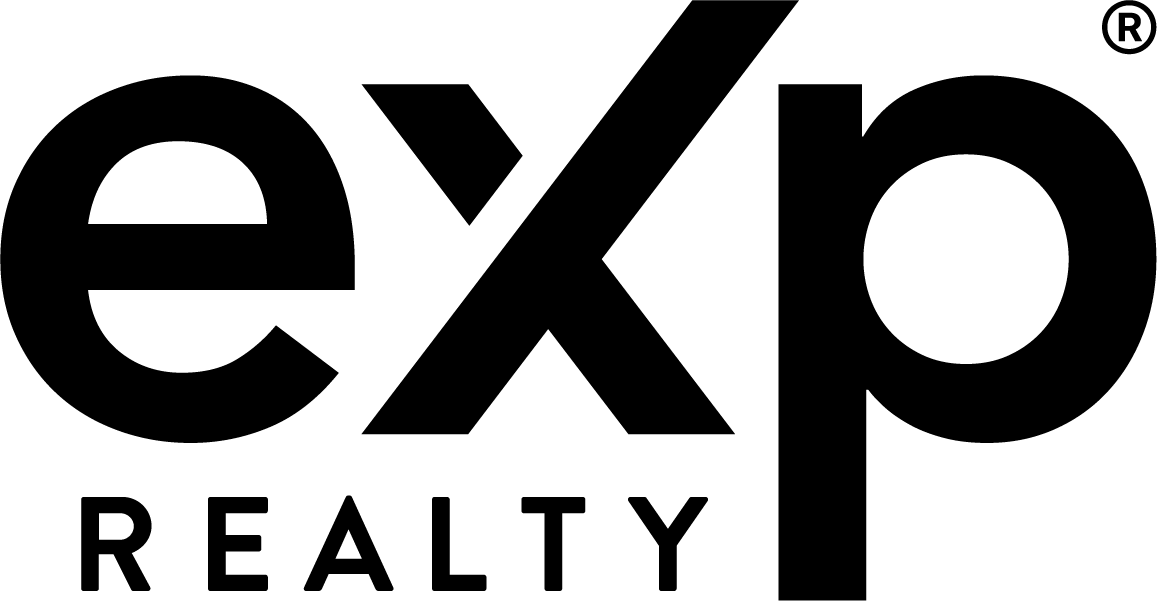Buying a home in Florida is an exciting step, but along with the excitement comes important financial responsibilities—one of the biggest being property taxes. Whether you are browsing homes for sale in Twin Lakes, checking out property listings across town, or starting a St. Cloud property search, understanding how property taxes work can help you budget more effectively and avoid surprises after closing.
How Property Taxes Work in Florida
Property taxes in Florida are based on the assessed value of your home and the millage rate set by your local government. Your home’s assessed value comes from the county property appraiser, while the millage rate determines the tax you will pay per $1,000 of that value.
If you are exploring St. Cloud, Florida real estate or looking at homes for sale in Harmony, it is important to know that tax rates may vary depending on the specific community and any local assessments that apply.
The Role of Homestead Exemption
One of the major benefits for Florida homeowners is the homestead exemption, which can reduce the taxable value of your property by as much as $50,000 if the home is your primary residence. This exemption not only lowers your annual tax bill but also caps how much your home’s assessed value can increase each year, offering protection against rapid rises in property values.
For buyers considering homes for sale in Twin Lakes or Harmony, applying for the homestead exemption after closing could significantly impact long-term affordability.
Budgeting for Property Taxes When Buying a Home
When reviewing property listings or negotiating an offer, it is wise to factor in projected property taxes as part of your monthly housing costs. Many mortgage lenders will require property taxes to be included in your escrow payments, meaning you will pay toward them each month as part of your mortgage.
For example, if you are focusing your St. Cloud property search in specific neighborhoods, comparing tax rates between communities can help you make a more informed choice. While one home may have a slightly higher listing price, lower property taxes in that community could make it more affordable over time.
Why Location Matters in Tax Rates
Local tax rates can vary between neighborhoods—even within the same city. For instance, St. Cloud, Florida real estate covers a wide range of communities, from established neighborhoods to newer master-planned developments like Harmony and Twin Lakes. Newer developments may have additional community development district (CDD) fees or special assessments that add to your tax bill.
This is why working with an experienced real estate agent is essential. They can provide tax estimates for specific property listings and explain how fees or exemptions could impact your bottom line.
Preparing for Long-Term Costs
Property taxes are not a one-time expense—they are an ongoing responsibility. As property values increase in areas like St. Cloud, taxes may rise accordingly. By staying aware of tax trends and property reassessments, you can make smarter financial plans for the future.
Wrapping Up
If you are considering homes for sale in Twin Lakes or exploring homes for sale in Harmony, don’t overlook property taxes when making your decision. Understanding how taxes are calculated, what exemptions are available, and how different communities structure their rates will help you make confident and informed choices during your property search.
With the right preparation, property taxes become just another manageable part of homeownership—and won’t stand in the way of finding your dream home in Florida real estate. Contact us today to learn more about homes for sale in Florida.

